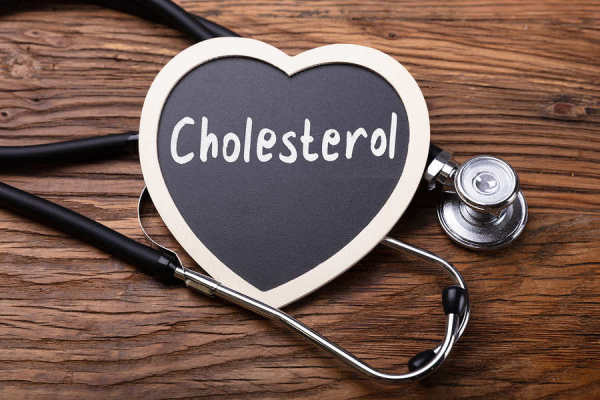Cholesterol is a type of fat (lipid) present in our body, which helps the cells to function properly. However, when cholesterol levels increase, it can lead to cardiovascular problems and other diseases. Therefore, it is very important to understand and control cholesterol levels.
signs of increased cholesterol
If the cholesterol level in your body is increasing, then some signs may appear in your body. It is important to pay attention to:
- Tingling in feet and hands:
Increased cholesterol can slow blood flow, causing tingling or numbness in the hands and feet.
- Chest pain (angina):
This may be a sign that your arteries are becoming blocked. This indicates a heart attack.
- Yellow spots near the eyes:
Yellow spots near the eyes or on the eyelid may be a sign of cholesterol accumulation.
- Fatigue and weakness:
If you often feel tired, it may be a symptom of increased bad cholesterol (LDL).
- Difficulty in breathing:
Blood flow can be disrupted due to blockage, which can lead to breathing problems.
- Muscle cramps or pain:
Increased cholesterol can block the veins in the legs, causing pain or cramps.
What should be the normal cholesterol level?
To measure cholesterol level, it is divided into three parts:
- Total Cholesterol: Should be less than 200 mg/dL.
- LDL (bad cholesterol): Less than 100 mg/dL.
- HDL (Good Cholesterol): 60 mg/dL or more.
- Triglycerides: Less than 150 mg/dL.
If your cholesterol level is higher than this, it can be a danger sign.
Reasons for increased cholesterol
- Irregular eating habits: Excessive consumption of junk food and fatty food.
- Lack of physical activity.
- Smoking and alcohol consumption.
- Obesity and high blood pressure.
- Family history.
How to control cholesterol?
- Balanced diet:
- Eat high-fiber foods like oatmeal, fruits, and vegetables.
- Avoid trans fat and saturated fat.
- Include fish, nuts and omega-3 rich foods.
- Physical Exercise:
Do 30 minutes workout daily. Walking, running, or doing yoga may be beneficial.
- Quit smoking and alcohol:
It is beneficial not only for cholesterol but also for your overall health.
- Consumption of medicines:
If cholesterol level is high, take medicines recommended by the doctor.
- Regular checkup:
It is very important to get cholesterol checked from time to time.
Increased cholesterol levels can cause serious health problems. If you see any of these signs, contact a doctor immediately. You can control it by eating right and adopting a healthy lifestyle.
